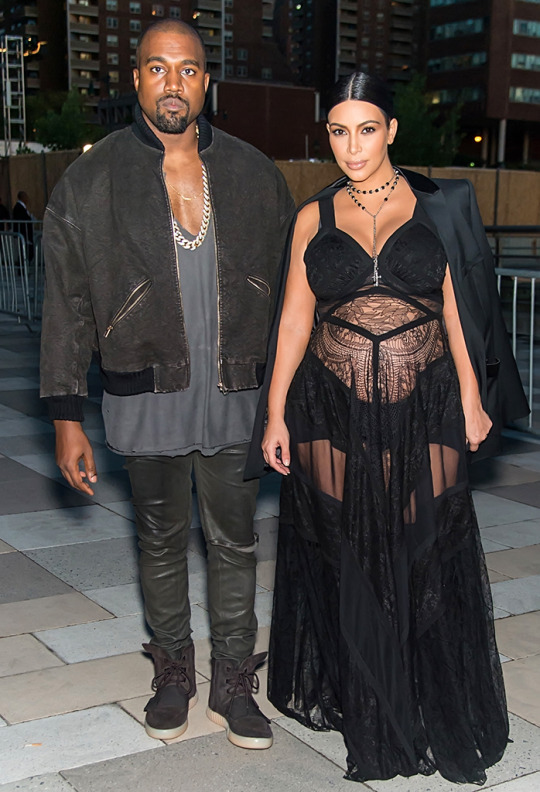Few photos have been found of notorious outlaw Jesse James. Even fewer show James and his assassin Robert Ford—but one has apparently just been authenticated. Lois Gibson, a forensic artist with the Houston Police Department, says an undated tintype photo shared with her shows James seated next to Ford, the partner in crime who ultimately killed James in 1882 in an attempt to collect reward money, reports the Houston Chronicle.
Sandy Mills reached out to Gibson after collectors in Washington state scoffed at the photo passed down from her grandmother, who told Mills her family had concealed James in their Missouri farmhouse in the 1870s.
Her grandmother, who died in 2006, wanted Mills to sell the photo and use the money to buy land. But for 13 years, "nobody wanted to listen. We got no respect from anybody," Mills says.
"Then we found Lois." The photo "was taken when the two men trusted each other and the younger Robert Ford wanted a picture of himself with the man who had become a legend in his own time," Gibson writes on Facebook, per CNN.
The Chronicle points out that Gibson's work identifying faces has earned her the Guinness World Record for "most successful forensic artist." Indeed, Houstonia Magazine reported in an August profile of Gibson that at least 1,266 criminals have been positively IDed because of her portraits, which she produces 120 of each year.
In this instance, she compared a scanned copy of the image to other photos of James, focusing on the hairline, brow bone, eyes, cheeks, and the distance between the nose and the upper lip.
She's "positive" the image is legit. "This is it, just huge, like finding a T-Rex leg bone," she says. A rep for RR Auction in Boston says the photo could fetch $2 million, but he wants to see more analysis.
This article originally appeared on Newser: Expert: Lost Photo Shows Jesse James and His Killer









